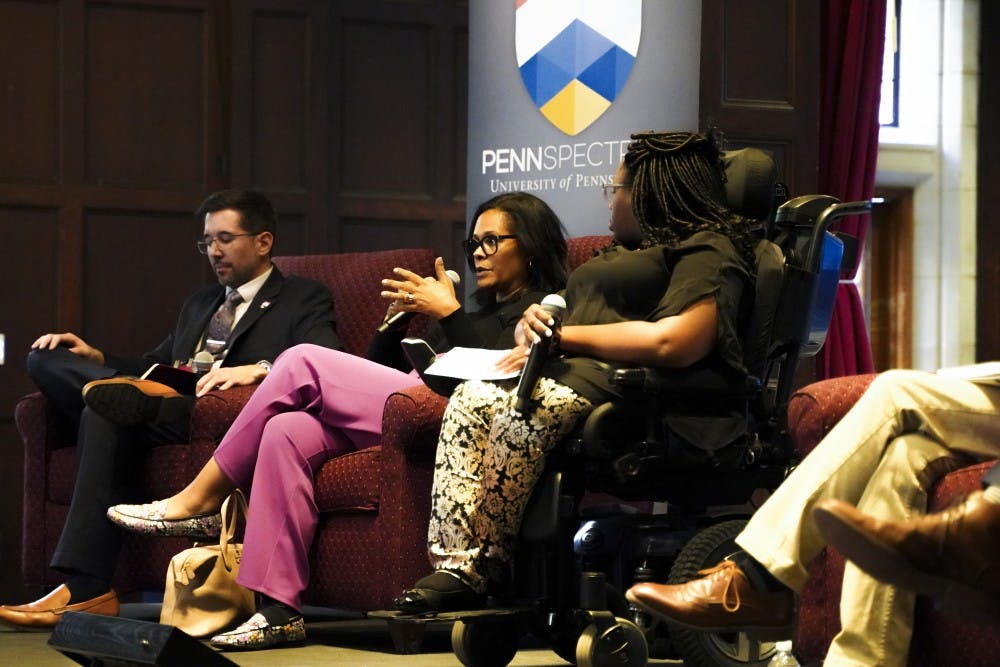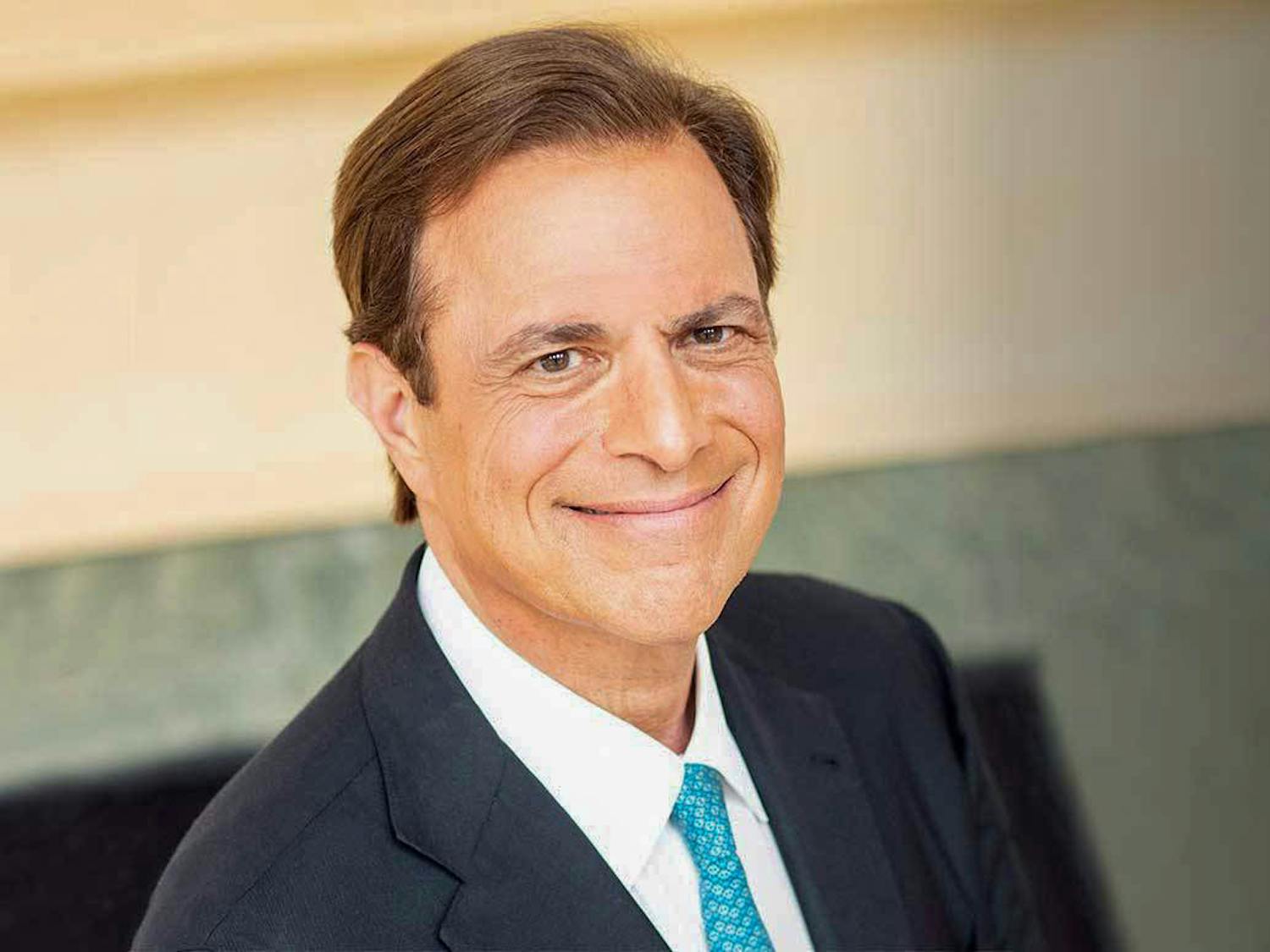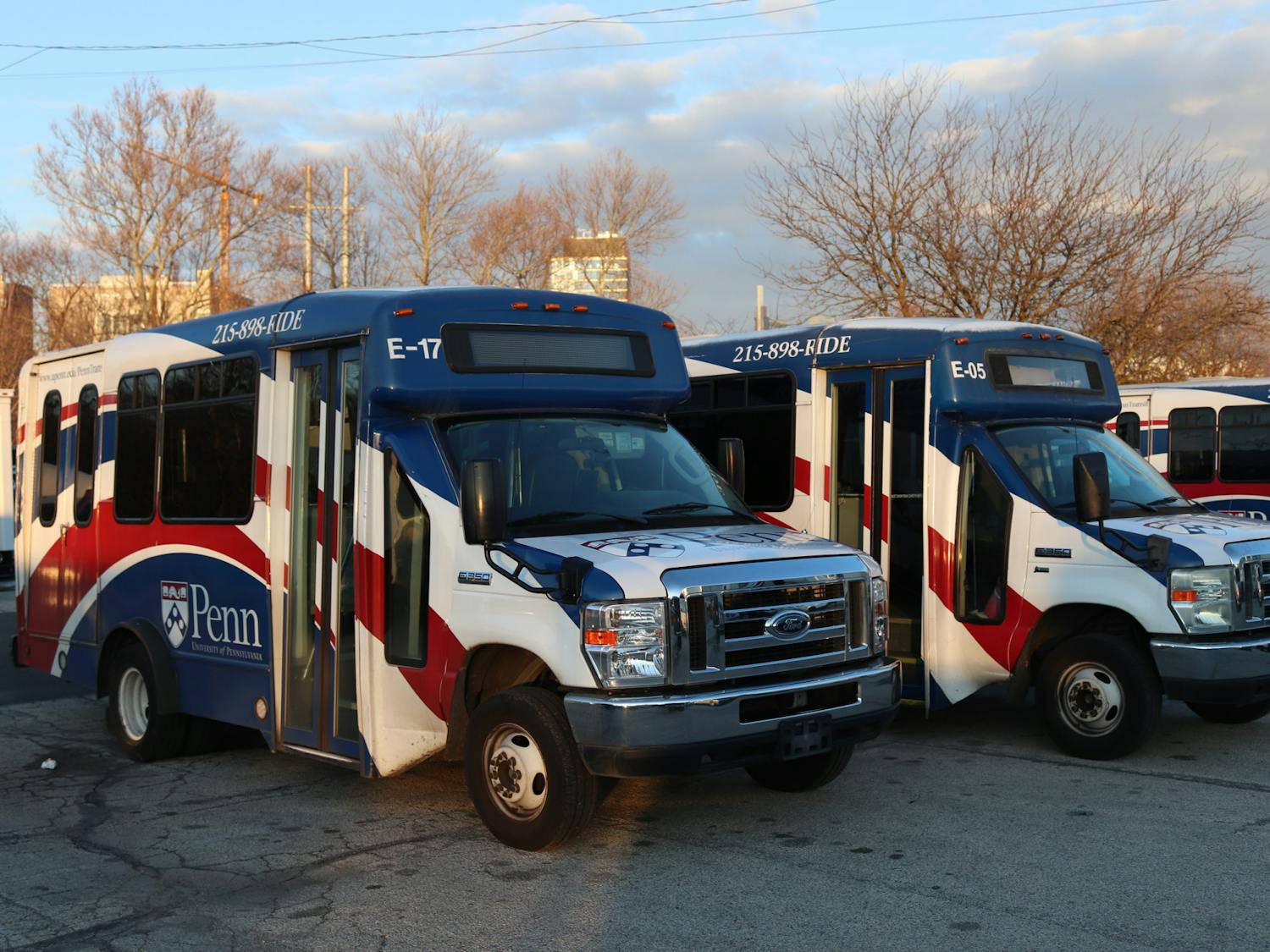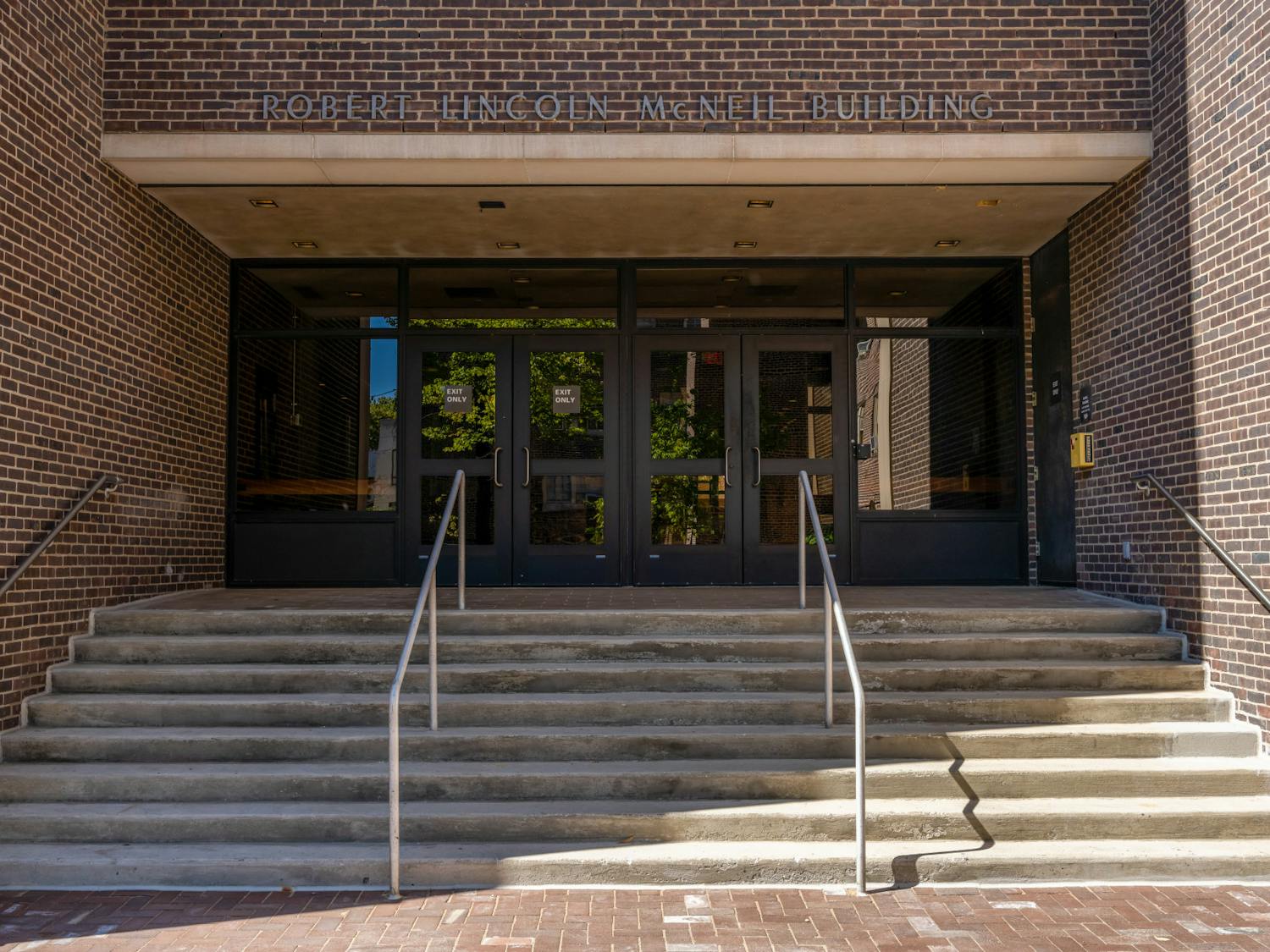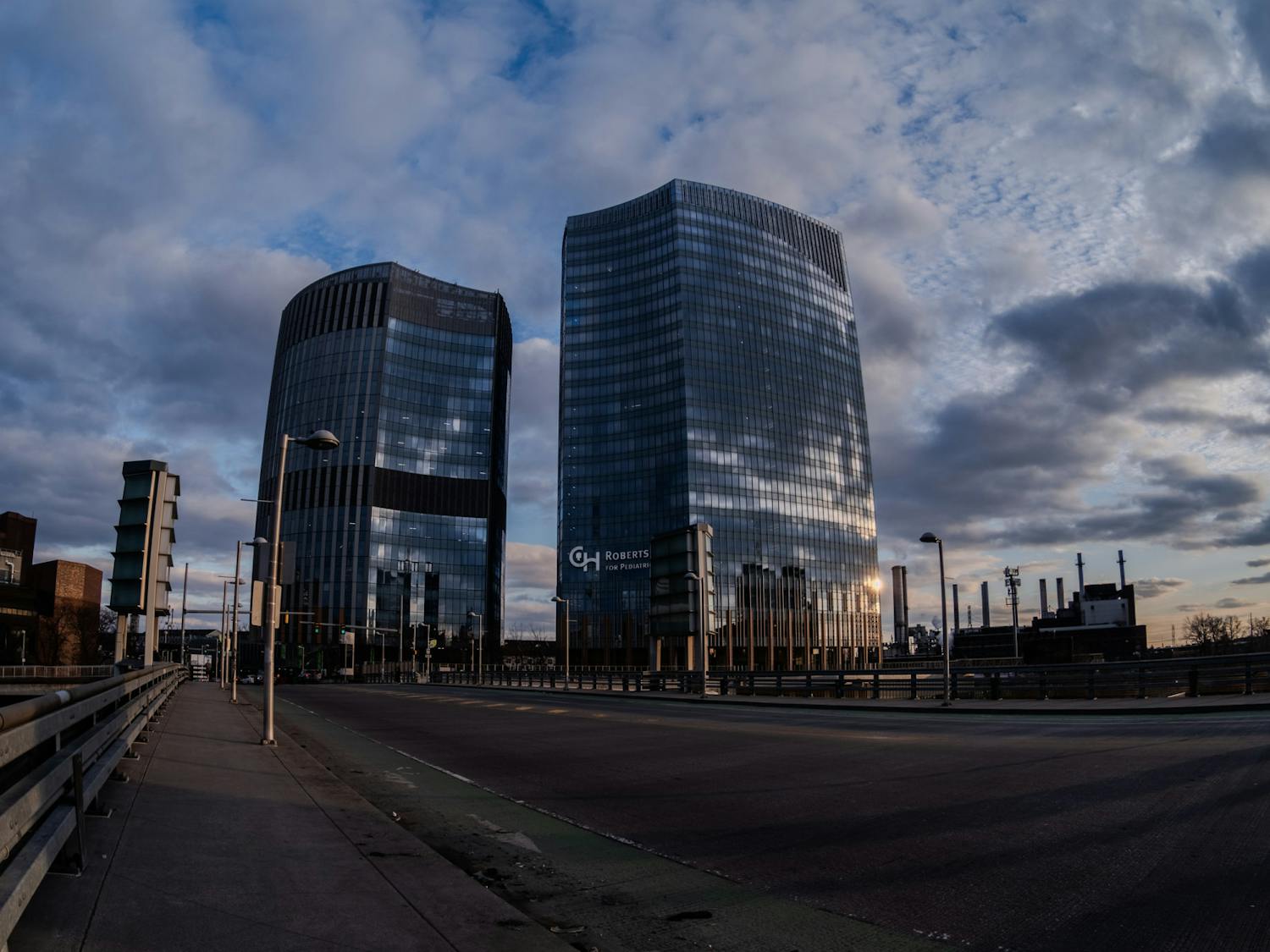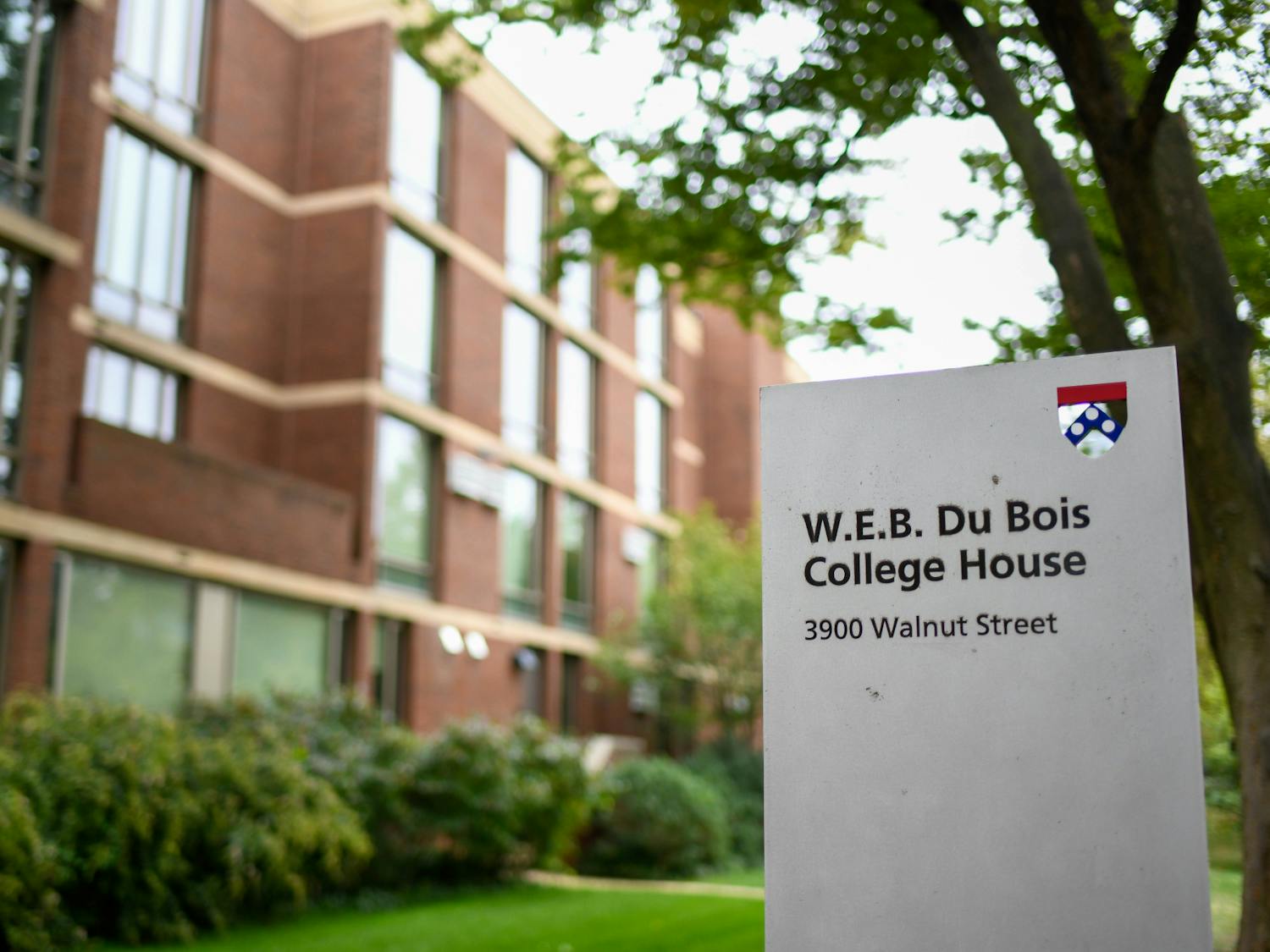Over the past three days, the University hosted Penn Spectrum Weekend, where hundreds of alumni and students gathered on campus to celebrate and reflect on diversity and intersectionality.
Penn Spectrum Weekend is a tri-annual conference, first held in 2010, that focuses on cultural identity and intersectional issues faced by the black, Latinx, Native, Asian, LGBTQ+, Muslim, and first-generation, low-income communities at Penn and in the United States. The programming incorporated how current events and the Trump administration's policies impact these communities.
On Oct. 5, Penn President Amy Gutmann gave the opening remarks and said the Penn community is at its best when it is at its most diverse, urging the community to “stand up and speak out on our values to make a positive difference in the world." The weekend’s main session, titled "Civil Rights in the Populist Era," featured a panel including Pennsylvania state representative and 2004 School of Social Policy & Practice graduate Movita Johnson-Harrell.
The panel discussion, moderated by Perry World House's Deputy Director LaShawn Jefferson, centered on the current civil rights climate and policies created by the current administration from workplace discrimination of LGBTQ+ people to gun violence and the lack of action to prevent mass shootings and murders. The “interconnected nature of these vices,” Jefferson said, was a core theme of the panel and the weekend as a whole.

“We’re all here in this community together and supporting one another and we all care about these issues deeply whether we’re apart of that community or not," said Elise Betz, who is the executive director of Alumni Relations. "This is always a place, a safe space [alumni] can come back to and we will continue to work on these issues as the Penn community.”
The event was organized by Alumni Relations as well as Marvin Rocha, director of Penn Spectrum programs, and PSW co-chairs 1991 Wharton graduate Eric Apple, 1993 Wharton and College graduate Mireya Kam, and 2018 College graduate and 2019 SP2 graduate Nayab Khan.
They chose topics based on “what was talked about last time and what’s going on now," Apple said. The various breakout sessions focused on the #MeToo movement, masculinity, fairness in college admissions, and Penn’s role in gentrification in West Philadelphia.
RELATED:
'The job is to nurture talent': Hitomi Yoshida joins PAACH as new coordinator
Grad students demand more resources for cultural centers at University Council Open Forum
Attendees were able to connect with other alumni and students on the first day of the conference through social networking events at Penn's various cultural centers.
On Oct. 5, the evening program included an address from Provost Wendell Pritchett, performances by student groups, and speeches from various alumni, including 2018 College graduate David Thai. Thai first spoke alone on the stage, and was later joined by family, friends, and mentors as he mentioned his support system as a first-generation, low-income student.

“I wanted to showcase my experiences being first-generation, being low income," Thai said. "I wanted students from underrepresented, marginalized backgrounds to know that they are not alone and there are alumni of Penn who have been and are still growing through it."
“I want them to recognize that loneliness, that ostracization doesn't always have to be permanent,” he added.
PSW concluded with an award brunch on Oct. 6 that honored Kusum Soin, the founding member of the Pan-Asian American Community House who retired after more than 18 years working with Penn students. Soin won the Cora Ingrum Impact Award for her contribution to Penn.
Event organizers said they hope attendees take the ideas discussed at the conference into their lives outside of Penn's immediate community.
"Diversity is an essential part of the Penn education and experience," Kam said. "This is a great way to promote it and to encourage the discussions and changing of ideas on diversity."


